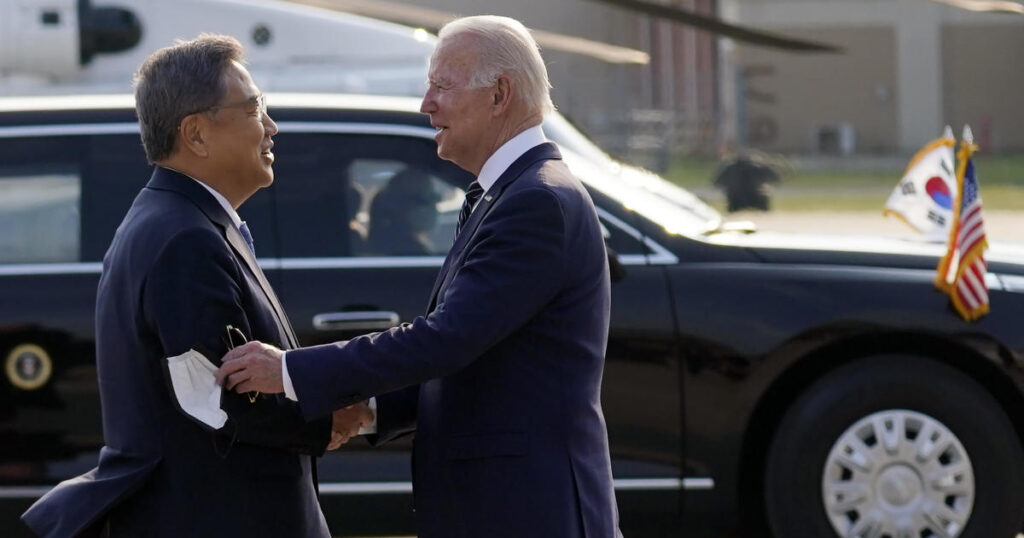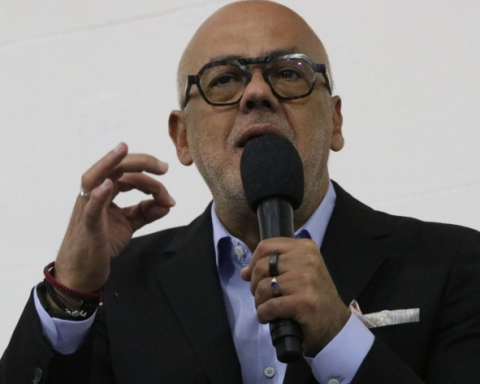The former president of the board of directors of the Constitutional Convention, Elisa Loncon, criticized the constant attacks by conservative groups on the constitutional process, many of which are inspired, she maintained, by openly “racist” sentiments and contrary to the inclusion of indigenous peoples in the political conversation, while projecting a victory for the Approve option in the exit plebiscite despite the fact that the polls give the Rejection an advantage.
The Mapuche academic pointed out that the attitude of several right-wing conventioneers was racist, since they displayed a natural tendency to contempt and distrust towards the representatives of the First Nations. “Racism overwhelmed me in certain circumstances (…) There were speeches where our speech, our clothes were questioned,” she said. “You can review the information that is on the Convention page and there you can do a lot of academic discourse analysis work to find out the levels of racism,” she declared.
“From the moment I was appointed president of the Convention and a sector of the Convention arrived that directed another project of society, which was to maintain the Constitution of 1980. That sector began to install lies from the outside. What we ate was published and denouncing that we were lazy. Pejoratives that have always fallen towards indigenous peoples. That opinion sought and still seeks to awaken the racist gene that has been injected into our Chilean society,” Loncon said in an interview with Third.
Elisa Loncon highlighted the gap between a conservative elite and a citizenry that, she argued, is fully prepared for affirmative action in favor of indigenous peoples. “From the moment this reading of the representativeness crisis suffered by the political parties was made and the people chose to assume the Mapuche flag to advance and demonstrate their presence, a political act of recognition was carried out. They had never recognized us. We had been protagonists of many meetings and calls to the government for constitutional recognition and it had not happened. That happened in the streets through mobilization,” she indicated.
Likewise, Loncon dismissed criticism of the “indigenist” nature of the constitutional text, a criticism that, by the way, is consistent with the racism that she denounces. “That is a manipulated affirmation, because indigenism, as a theory, is based on the integration of peoples into a development model from the Western perspective (…). The second indigenist point is in the sense of an Indian, of an Indian Constitution and that it exacerbates the concept of an Indian. Here in Chile, when someone is called an Indian, it is like acknowledging that they are not the same. Acknowledge that he is backward, little cultured, that he does not have the same cultural level as another. It is a racist concept. Saying that it is an indigenist Constitution what it does is awaken the racial gene that we have injected into Chileans, a product of the ignorance of the indigenous so that it goes against us, because being an Indian is bad”, highlighted the Mapuche academic.
“You have to read the draft (of the Constitution) and you will realize that there are 499 articles. Of these, 47 articles, and not the entire article, refer to the nation and the original peoples. It is not a Constitution of the indigenous people, it is a Constitution of all Chileans”, he added.
Likewise, Loncon expressed his confidence that the Approval will prevail in the exit plebiscite. “I’m not scared of polls because I come from that process. When we ran for constituents last year. In 2021, the surveys indicated that the constituents of the Rejection would exceed two thirds and that we would only have a third. The reality was completely different. What I mean by this? That they are not objective surveys”, pointed out the conventional one, who highlighted that the deterioration in the levels of trust towards the constituent body is due to a systematic communicational demolition campaign based on untrue information. “Unfortunately, the voice of Rejection has been made available and they are trying to exacerbate situations like the one we were commenting on. Those lies affect, ”she assured.
The conventional stressed its confidence that the trend that indicates an advantage in favor of the Rejection will be reversed, which will be achieved, it said, “with good information, with the work carried out by organized civil society and based on knowing the proposal of draft we have. But I still think that the government is also responsible for this, because good information contributes to democracy.”
Notwithstanding the foregoing, the conventional Loncon recognized unfortunate actions by some colleagues, which have been decisive in the loss of citizen support for the work of the Convention. In this sense, the former president of the board of directors pointed out the case of Rodrigo Rojas Vade as the most complicated in these 11 months of work.
“That was very complex, because it was a question of an individual subject, it was not a collective responsibility of the Constitutional Convention. The Constitutional Convention became a collective body where we make decisions together and, where together, we set the schedules, the protocols that we needed to function. But, in this case, the problem and that of Rojas Vade was an individual matter that deeply affected the confidence of the Convention, this fragile institution that we had, because it is an institution that is not even a year old yet, ”he concluded.


















